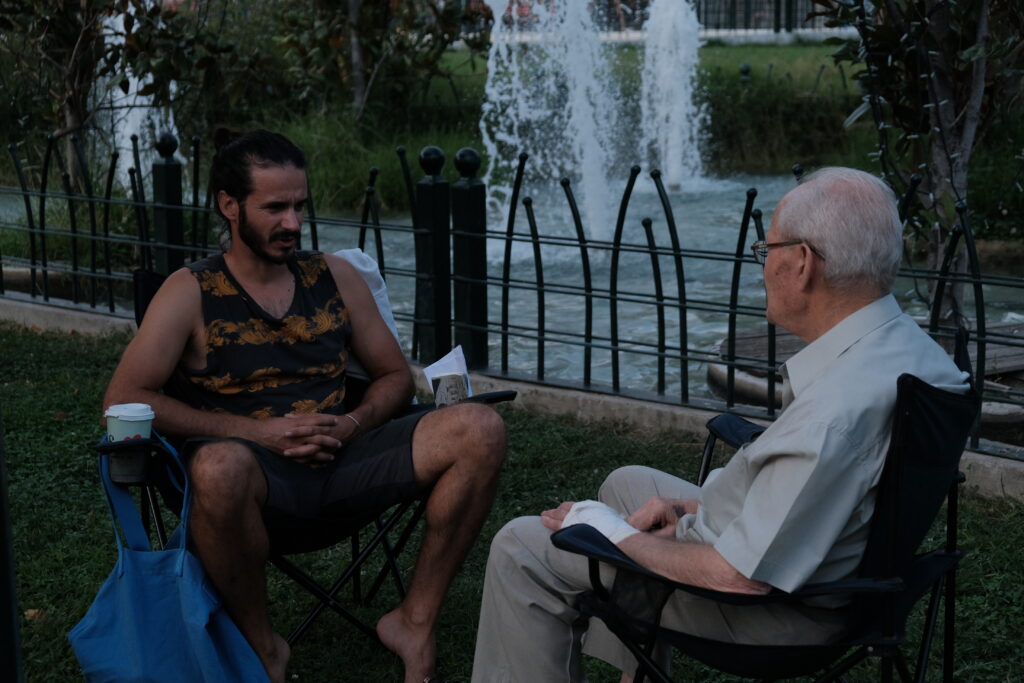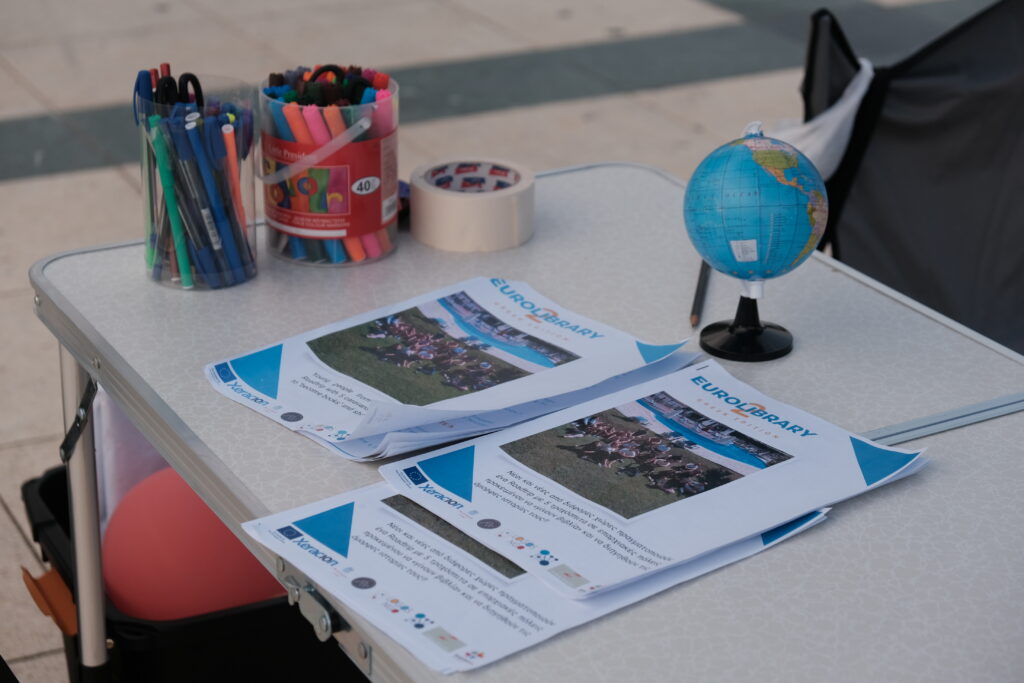In EuroLibrary, the Human Library becomes a central tool for cultural exchange and community engagement. During each mobility, young participants will be trained to share their personal stories connected to themes like mental health, eco-living, migration, healthy lifestyles, and entrepreneurship. These stories will be shared with local communities across Europe in a safe and respectful environment.
Imagine this:
You walk into a library… but instead of borrowing a book, you borrow a person.
That person tells you a story—their story. One that’s raw, real, and often misunderstood.
Welcome to the Human Library, a place where people are the books, and each conversation is a chance to confront bias, break stereotypes, and build connection.
The Human Library is an innovative and interactive method that promotes dialogue, reduces prejudice, and fosters understanding. Instead of borrowing books, participants “borrow” people – the Human Books – who share personal stories of overcoming adversity, embracing diversity, or living unique experiences. These one-on-one or small group conversations challenge stereotypes and allow for authentic, empathetic exchanges.
Through the Human Library events:
– Communities gain insight into the experiences of marginalized or underrepresented youth.
– Locals become “readers,” engaging in real-time conversations with diverse young “books.”
– Participants build confidence, empathy, and storytelling skills.

Why Human Library?
- To challenge prejudice through personal storytelling
- To inspire young people to stay true to their values, challenge societal norms
- To create safe spaces for honest dialogue
- To help us truly listen, without assumptions
- To connect people from different cultures, experiences, and walks of life
💬 “It’s not about agreeing—it’s about understanding.”
Format
- Catalogue: A list of human books with titles that represent their story and a small summary of it.
- Borrowing: Readers choose a book from the catalogue and “borrow” them for a timed conversation.
- Rules: Emphasis on mutual respect, open-mindedness, and confidentiality. Readers are encouraged to ask honest questions; books are free to share or withhold details as they wish.
